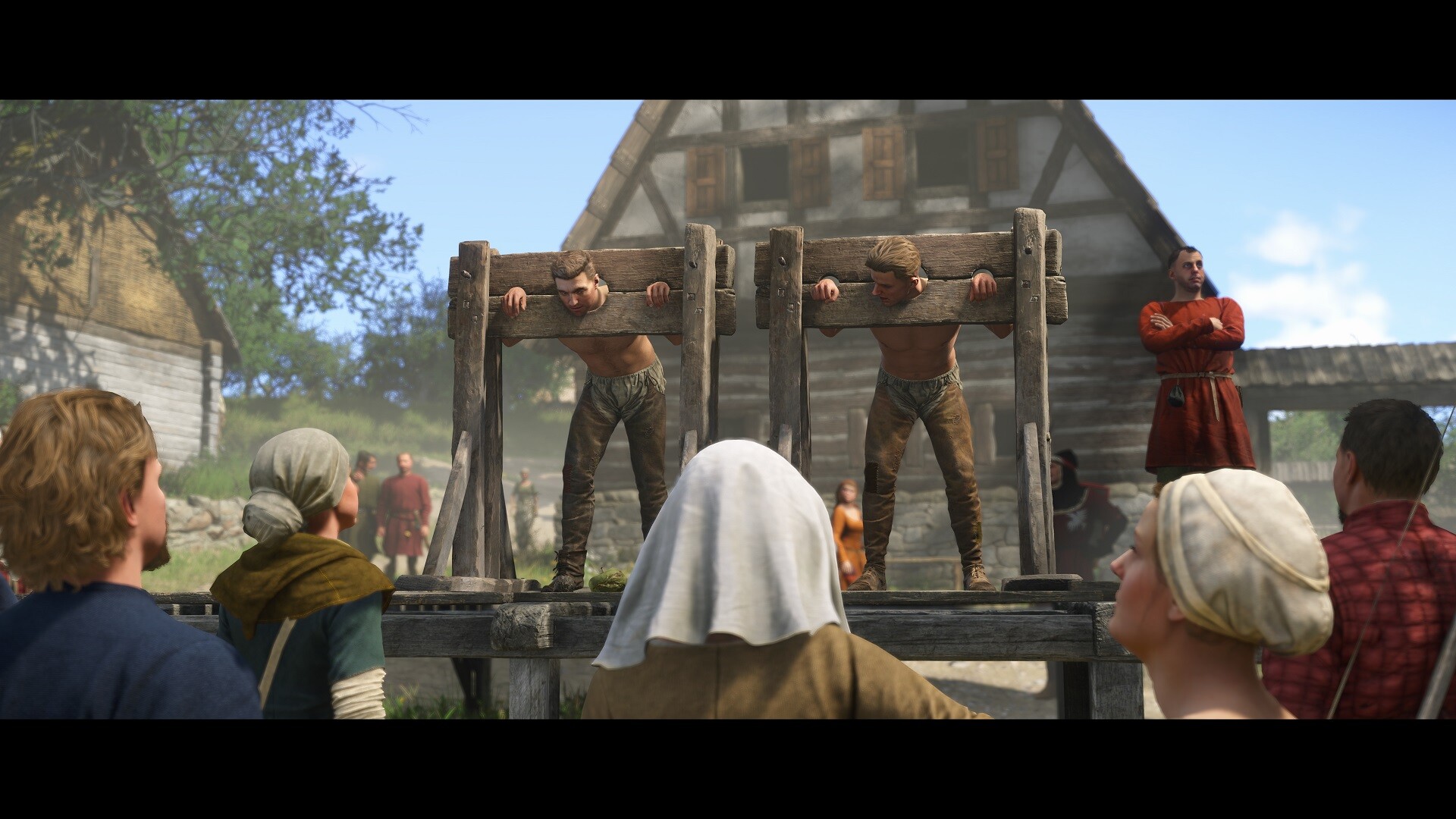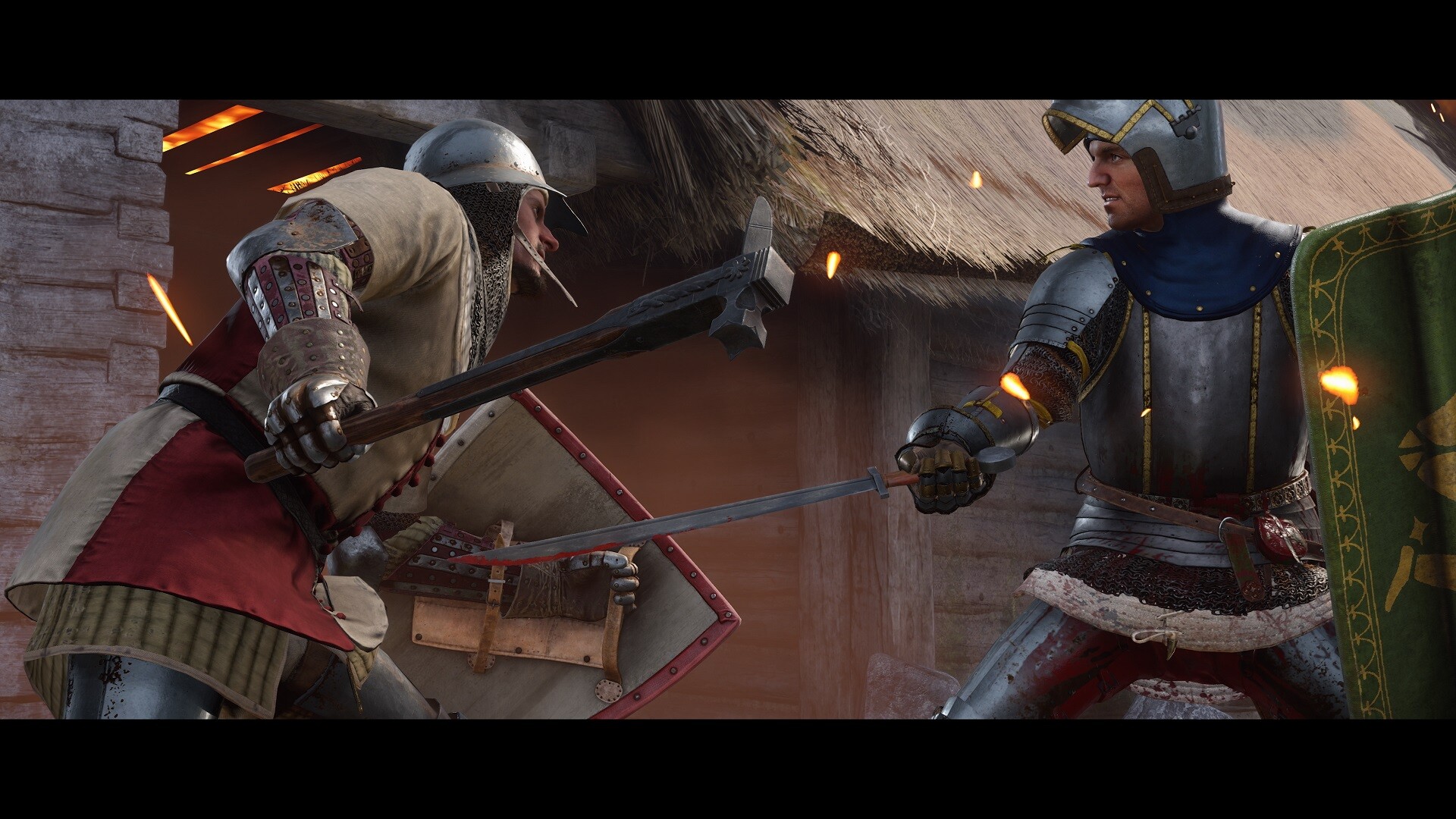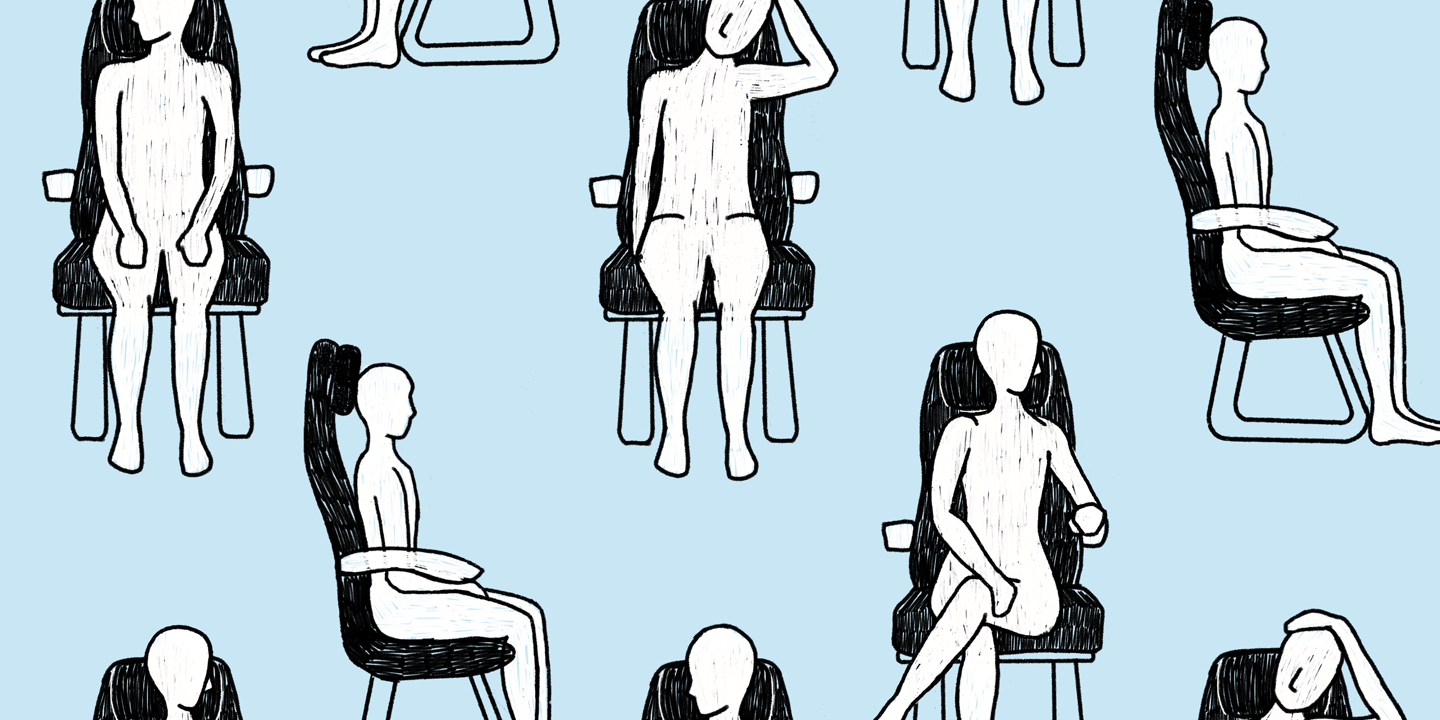Given everything still to come this year, it’s impressive that Kingdom Come: Deliverance 2 could command such attention early on, given the circumstances. Not out for several more weeks, launching in the same month as heavy hitters like Avowed and Monster Hunter Wilds – even with so much stacked against it, Kingdom Come Deliverance 2 is still heading into February quite strong. That’s even remembering all the other games that remain in January.
However, the most defining aspect of the sequel is that it’s more of the same. That’s not meant as a dig or detriment. Perhaps the highest praise that many have offered Kingdom Come: Deliverance 2 is that it’s ever so much closer to realizing the studio’s ambitions for fully simulating a medieval world on this scale.
The open world has remained the same in many respects, embracing a more methodical pace and tone while highly favoring realism over the usual video game contrivances. Those contrivances would often be classified as conveniences in more traditional titles. Their absence could thus lead to tedium for those who prefer quality-of-life and there’s nothing wrong with it. However, placing more emphasis on certain actions and making every little nuance leads to a more worthwhile role-playing experience.
Of course, the improvements to the world go far beyond that. This rendition of 15th-century Bohemia, which ventures to the city of Kuttenberg, isn’t just aiming to look good. It’s not even about packing in more NPCs or things to do, though fans of the original can expect a hefty amount of content. The emphasis is on fleshing out. Bringing it to life, if you will.
Quests, both main story and otherwise, play a role in that, but the complex web of systems in Kingdom Come: Deliverance 2 is what really seals the deal. There’s a symbiotic relationship between the environment and its people – one influences the other and vice versa. Add social aspects like reputation, status, literacy, and so on, and the fun begins.
For example, you may be responsible for many heroic deeds in the first game, but that doesn’t matter in the sequel, especially when Henry loses his armor at the beginning.
On the other hand, dress fancier and clean yourself up and suddenly they’re singing a different tune, sometimes. Their own position thus becomes the outlier and you’ll need to think of some fancy ways to win them over. Or you could go another route and sabotage their wardrobe before important talks take place to gain the advantage. All’s fair in a proverbial war of words.
That’s only one example of the world judging your presence and reacting accordingly. Other notable examples include people being suspicious of you if a crime occurs in a location, even if they don’t directly see you. If they did see you stealing or doing something fishy, they may try to get the local guards and arrest you.

Escaping and returning later will see them actively wary of you. All of this combines to create a more reactive world but it’s still just as alive without your input with all the random goings-on. Once again, how you choose to get involved in events like two villagers fighting or a caravan passing by could have long-term consequences.
What’s even more impressive is how your playstyle will influence Henry’s way of life. If you’re someone who prefers collecting herbs to concoct solutions, then don’t be surprised if the townsfolk avoid you due to messy clothes and the smell of dirt. On the other hand, becoming a powerful sword fighter may command fear, especially if Henry walks around with blood on his face. There’s no inaccurate way to play either – if you don’t want to pursue the main quest and instead hang around, making an honest living as a blacksmith, that’s also possible.
It’s astonishing because we’ve seen titles that offer an extensive amount of branching and reactivity, not to mention sandboxes offering an incredible playground to live out one’s fantasy. Kingdom Come: Deliverance 2 provides the same, at least on a laser-focused scale. The first game showcased shades of the same approach, though not with this level of attention and detail.
We still don’t know how all these different playstyles and decisions will affect the world. Can it stay the same without your expressed driving of the story? Will slaying certain NPCs render them dead for the remainder of the experience and what consequences could that potentially have?
It’s not likely that Henry will grow old as players choose to remain in a village for the remainder of their lives, making an honest living…is it? All of these sound like they would be far-fetched, especially within the context of a story that’s just as much about the medieval civil war and Henry transitioning from a man to a warrior as it is about personal freedom.

Then there’s the whole technical aspect of it all. Can the team pull it off while ensuring better stability and performance? What kinds of odd interactions could emerge from all these different systems tussling with each other? Early impressions of performance on PC seem relatively positive, though there will be a patch, but that’s only for the initial two dozen hours or so. How the rest of the experience fares at launch (see: Baldur’s Gate 3) is a different matter.
If Kingdom Come Deliverance 2 can deliver a compelling story and characters to go with this current open-world approach, that would be more than enough. Going even further makes it seem like the sky’s the limit, especially with this level of presentation and fidelity. Its incorporation of all the nitty gritty that would make for a proper medieval simulator is just another level.
And while this won’t be an experience for everyone, Kingdom Come: Deliverance 2 could be one to remember. A standout in a year of titles aiming to cement their legacy on their terms like Grand Theft Auto 6, Monster Hunter Wilds, the list goes on.
Perhaps the most exciting prospect is that all impressions of the sequel’s world are based on early previews. These don’t represent the game as a whole, much less the goings-on of bigger cities. And yet, the commitment to being one’s version of Henry through thick and thin, even if it doesn’t feel like the right way to play, is lovingly dedicated and detailed. It doesn’t feel like it should necessitate that much attention or resources from the development team, and yet it does and works well. Here’s hoping it doesn’t collapse at launch and offers some enjoyable combat.
Note: The views expressed in this article are those of the author and do not necessarily represent the views of, and should not be attributed to, GamingBolt as an organization.














